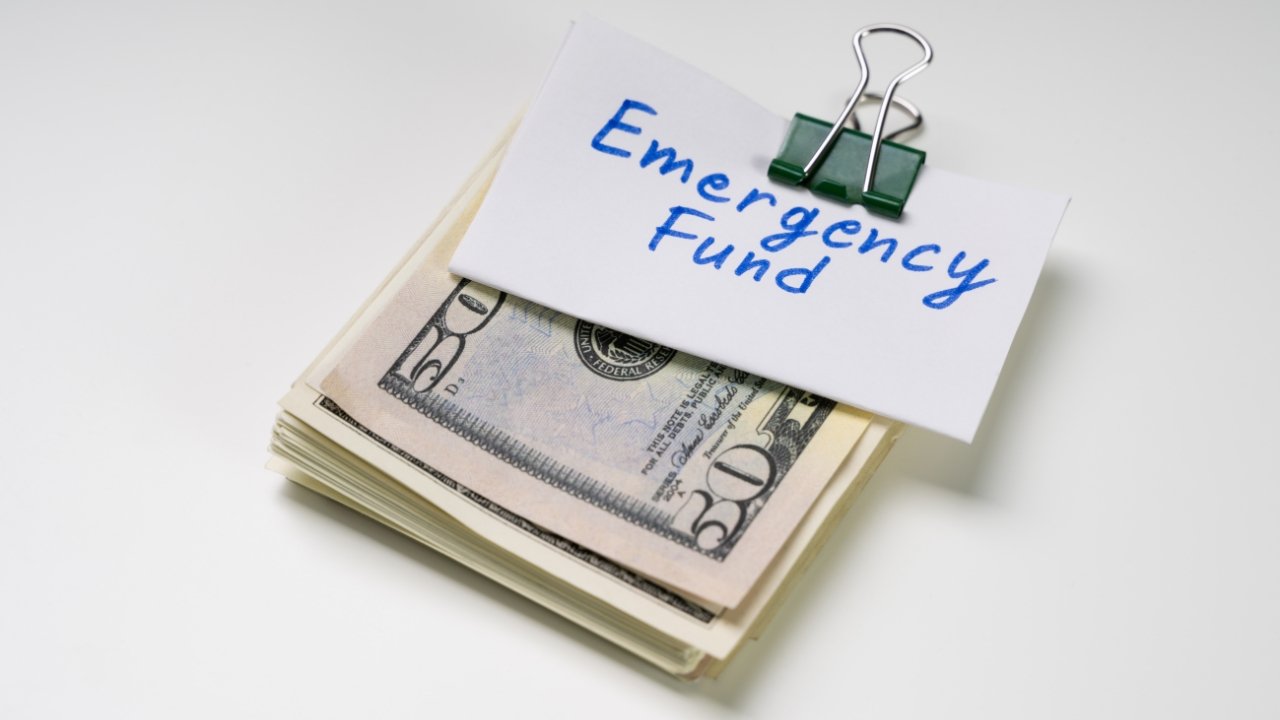Building an Emergency Fund: Preparing for the Unexpected

An emergency fund is your financial safety net. It’s the money you set aside to cover unexpected expenses like medical bills, car repairs, or job loss—so you don’t have to rely on credit cards or loans in a crisis.
Why It Matters:
- Reduces Stress: Knowing you’re prepared for emergencies provides peace of mind.
- Avoids Debt: Instead of borrowing during hard times, you’ll have cash ready to go.
How to Build One:
- Set a Goal: Aim for 3–6 months’ worth of essential living expenses. Start smaller if needed—even ₦50,000–₦100,000 can make a difference in a pinch.
- Choose the Right Account: Keep your emergency fund in a high-yield savings account for easy access but with minimal temptation to spend.
- Automate Savings: Treat savings like a recurring bill. Set up automatic transfers every payday.
- Cut Unnecessary Expenses: Temporarily reduce non-essential spending to speed up your savings progress.
The Oregon Division of Financial Regulation emphasizes that even a small emergency fund can prevent bigger financial problems. The key is consistency and discipline.